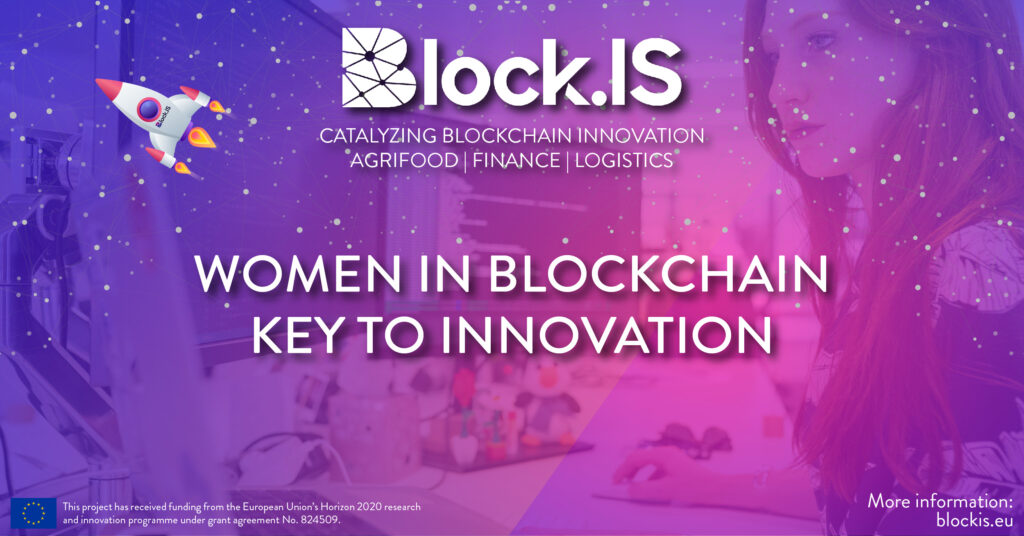
There aren’t enough women in blockchain. According to the WEF, the overall female presence in the blockchain ecosystem is between 1% to 5% globally. Nonetheless, we are seeing an increased number of women emerging as blockchain influencers. Some are putting their technical skills to work, while others are asking the right questions to ensure that people understand both sides of the coin.
However, the industry calls for more women to take up leadership roles, reducing the gender gap and encouraging diversity. Apart from seeing a greater number of women in the industry, the ecosystem needs to create a space where women feel appreciated not just for their technical skills but also for their ability to use design thinking in various applications of blockchain technology.
Women bring unique experiences and expertise to the table. Research has shown that women have an inherited quality to keep going back to the fundamentals, which is a better approach to learning, and incredible quality to foster innovation. Block.IS firmly believes that women are key for innovation in the blockchain technology space and that blockchain technology’s mass adoption is almost impossible to achieve unless all diverse minds put their thoughts and experiences together. Women are also great community builders, something that the blockchain industry thrives on. All these qualities can help businesses and communities understand the intricacies of various applications so that solutions can be tailored accordingly.
But in reality, blockchain is just like any other new technology—its applications will only be as diverse and innovative as its creators. Unless blockchain developers address the diversity problem, these promising new technologies risk benefiting only a select few, and entrenching, rather than upending, inequality.
The activities inside Block.IS aim to combine the integration of a gender perspective into all project policies and programmes with specific actions in favour of women. The consortium strives to reach this objective by encouraging women’s participation in project activities as well as participating as Startups/SMEs. For example, about half of the Block.IS SMEs hired more than one additional employee and out of the total of 34 new hires, 40% were women. Moreover, all partners have in-house regulations preventing discrimination of employment opportunities for women and some also have active promotion campaigns to increase their share of female employees. At the same time, Block.IS, adheres to the initiative “No woman, no panel” launched by the Open Society Foundation and promoted by Commissioner Mariya Gabriel, encouraging all panels of debate in public events to count on the participation of women and ending up with the so-called “Manels”.
As more and more entrepreneurs explore the wide variety of use cases for blockchain’s decentralised tech, women have already begun to assume positions of leadership. However, there is a dire need for more female representation in the blockchain sector, and the success of these women is setting the path to follow for future generations.
Sources
-
Leon, S.P. de (2019). Emerging Technologies Need Diversity. [online] Forbes.
-
Bowden, K. (2019). Blocked Out of Blockchain: Barriers to female achievement. [online] Global Women in Blockchain.
- Jones, N. (2019). How Women’s Empowerment and Blockchain Came Together. [online] Global Women in Blockchain.
-
Lam, J. (2017). Where Are The Women In The Blockchain Network? [online] Forbes.
-
Rao, R.R. (2018). 7 women making their presence felt in the global blockchain ecosystem. [online] YourStory.com.
